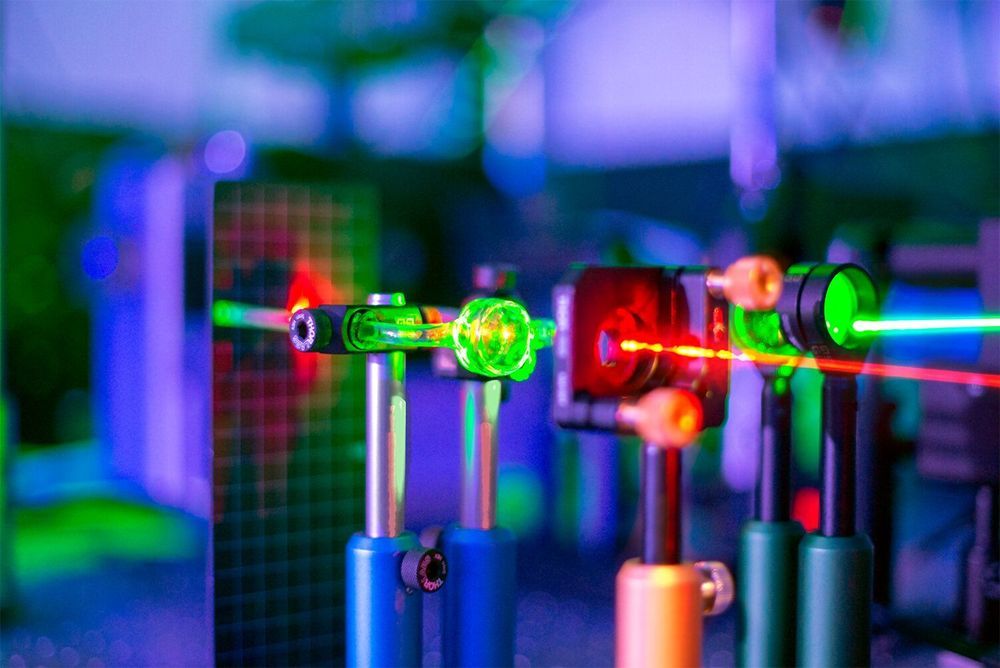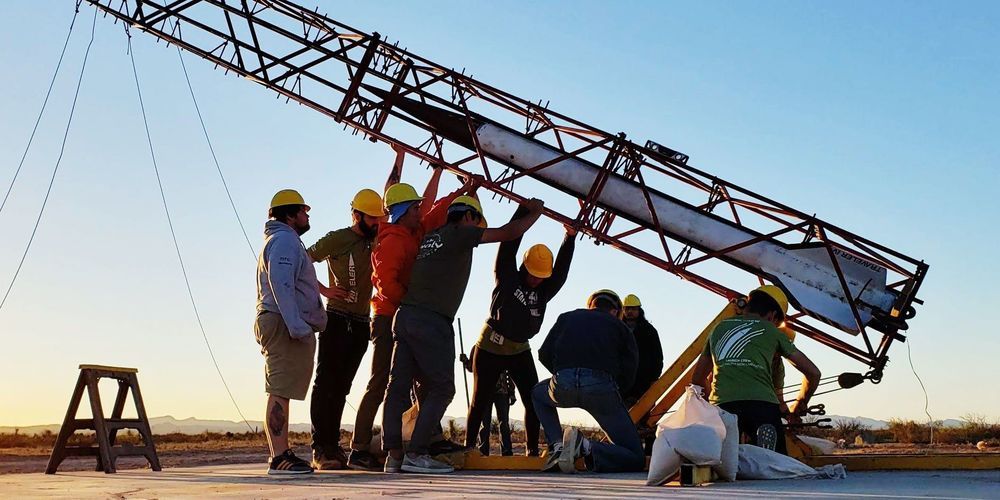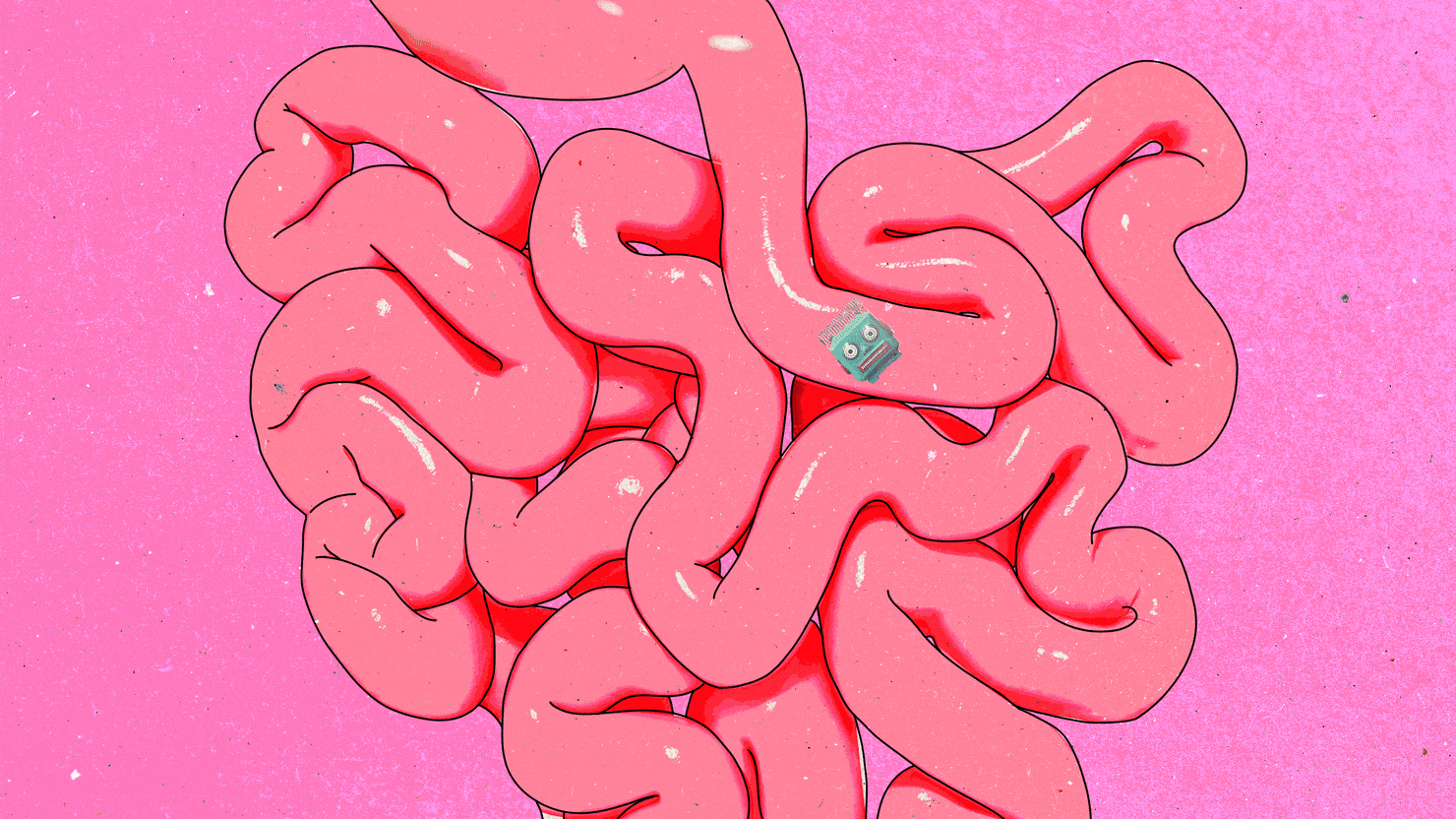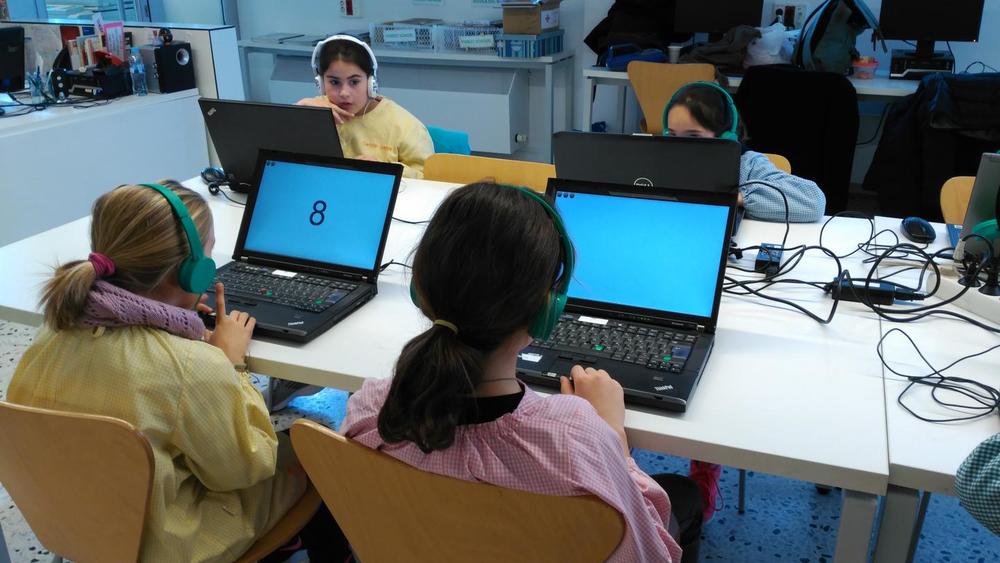May 24, 2019
Quantum computing boost from vapour stabilising technique
Posted by Genevieve Klien in categories: biotech/medical, computing, nanotechnology, quantum physics
A technique to stabilise alkali metal vapour density using gold nanoparticles, so electrons can be accessed for applications including quantum computing, atom cooling and precision measurements, has been patented by scientists at the University of Bath.
Alkali metal vapours, including lithium, sodium, potassium, rubidium and caesium, allow scientists to access individual electrons, due to the presence of a single electron in the outer ‘shell’ of alkali metals.
This has great potential for a range of applications, including logic operations, storage and sensing in quantum computing, as well as in ultra-precise time measurements with atomic clocks, or in medical diagnostics including cardiograms and encephalograms.
Continue reading “Quantum computing boost from vapour stabilising technique” »


















